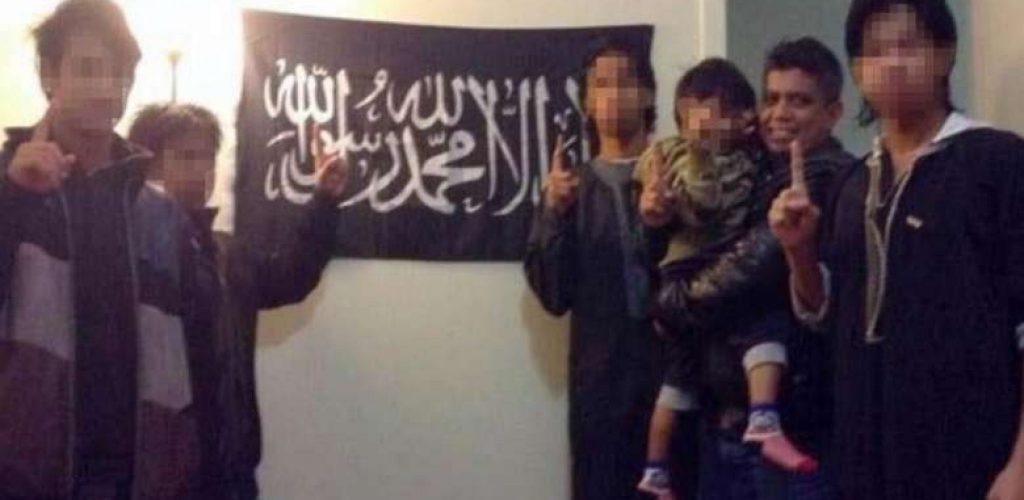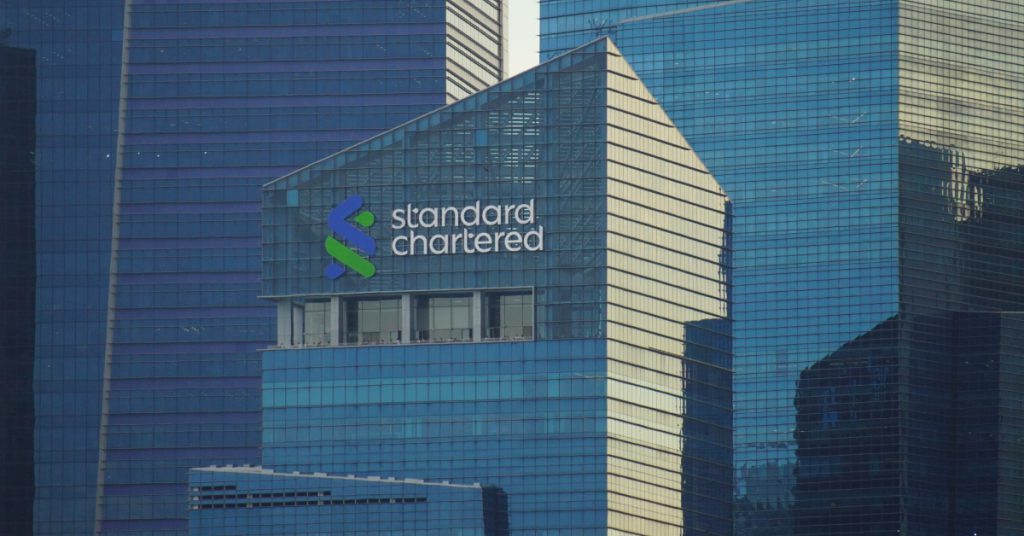The Straits Times has reported that a 44-year-old Singaporean male, Zulfikar Mohamad Shariff, has been detained this month for terrorism-related activities. His detention order is reported to last two years.
He has been detained under the Internal Security Act (ISA) on counts that he was actively spreading radical ideology online and radicalising at least two other Singaporeans he befriended online.
The two men, a 29-year-old security guard Muhammad Shamin Mohamed Sidek and a 33-year-old businessman Mohamad Saiddhin Abdullah have also been detained and put on a restriction order respectively.
The Ministry of Home Affairs (MHA) revealed that he made Facebook posts which promoted and glorified ISIS and its violent actions “while exploiting religion to legitimise the terrorist activities of ISIS.
The Straits Times has shared some screenshots of some of these posts:
Zulfikar had intentions to spread his extremist ideology via training programmes to urge young Singaporeans to replace Singapore’s democratic system with an Islamic State “by violence if necessary”.
He had started supporting these radical views after reading hardline material that supported groups like Al-Qaeda and the Jemaah Islamiah, and was even pursuing the extremist views during his resettlement to Australia in 2002.
To cultivate an online following, he set up an online group called Al-Makhazin in 2013, as a means of agitating Muslim issues in Singapore “and attack Singaporean Muslims who did not share his views”.
His final goal was to get his followers to “reject the secular democratic nation-state system and replace it with an Islamic caliphate governed by syariah law”.
Said MHA, “The Government takes a very serious view of efforts to undermine Singapore’s constitutional democracy, and will take firm and decisive action against any person who engages in such activities.”
Home Affairs Minister K. Shanmugam has also spoke out in response to the detention, saying that here are two kinds of radicals – Those who go out to kill and those who motivate and influence others to commit acts of violence [and that] the second type is much more dangerous.
Minister for the Environment and Water Resources Masagos Zulkifli has also expressed his worry about people becoming radicalised by posts from extremists:
Two other Singaporeans have also been detained under the ISA, said the MHA.
Muhammad Fadil Abdul Hamid, 27, was detained in April for a second time (the first time was in 2010) for trying to join a terror group. His main influence was radical online material. The other, a 17-year-old male, was radicalised online as well, after viewing pro-ISIS videos, websites and social media.
Extremist Ideology On The Internet And Social Media
From what we’ve been told in the article, these individuals had gotten radicalised due to content they found online. What’s even scarier is that one was even trying to incite anger and negative sentiments on a relatively public social media platform like Facebook.
According to a report earlier in July, the ISIS’ online newspaper was accessible and getting more than 1,000 likes. This is discounting the fact that many followers could have avoided ‘liking’ the post in fears of being detained.
The newspaper is said to “provide updates of the terrorist group’s activities in the Middle East for Malay-speaking supporters in Malaysia, Indonesia, Singapore, Brunei and southern Thailand”.

The paper has since been banned in Singapore, a first in 20 years, with Communications and Information Minister Yaacob Ibrahim commenting that “[the Government takes] a strong stance against terrorist propaganda and will take decisive action as necessary”.
The spread of extremist propaganda is a global issue, simply because of how the Internet gives individuals access to those seeking to radicalise, and those seeking to be radicalised.
Large websites such as YouTube and Facebook have been said to be deploying systems to block and take down ISIS videos and other similar material, as “a major step forward for Internet companies […] to eradicate violent propaganda from their sites […] under pressure to do so from governments around the world as attacks by extremists proliferate, from Syria to Belgium and the United States”.
Regardless, the phrase “When there’s a will, there’s a way” is unfortunately extremely applicable in this case, and those detained under ISA are very likely just a dime in the dozen.
The discussion on the ways social media can be (and has already been) used to spread extremist ideology can go on forever, but as a good summary and analysis, you can read this enlightening view on how ISIS is using the Internet to spread its cause in this writeup by Wired.
Terrorism In Singapore: Just Because It Hasn’t Happened, Doesn’t Mean That It Won’t
While Singapore has not experienced any terror attacks as of late, the number of individuals that have been detained by the ISA (as reiterated by the report) simply reminds us that the threats are real, and any lapses in security (online and off) can be taken advantaged of.
The Government is aware of that, and has been stepping up security measures by increasing the number of CCTV and their coverage around Singapore, a possibility of implementing security checks at malls, and using data from public transport video cameras and the ERPs to counter terrorism and other ‘serious crimes’.

Singaporeans are also wary of the constant threat, with 75% stating in a survey of over 500 participants that an attack is “only a matter of time”, and even with our heightened security and defences, those intending to cause harm will still find a way to do so.
However, only 54.2% casted a vote of confidence that Singapore is prepared for one, with 34.6% saying that we aren’t and 11.2% being unsure. There seems to be a consensus that increased security checks might become a necessity though, with 66.2% agreeing to a possibility of more thorough ones being meted out.
The survey also revealed the top three perceived terrorist target areas: Changi Airport, the Central Business District (CBD) and Orchard Road – all places with high human traffic.
From what we’ve already seen and observed, terrorists want their actions to have a big impact – the more victims they get, the better.
And from how ISIS supporters have been operating online to radicalise more to join them – the more followers, the better as well.
Feature Image Credit: Unscrambled.sg, Facebook













